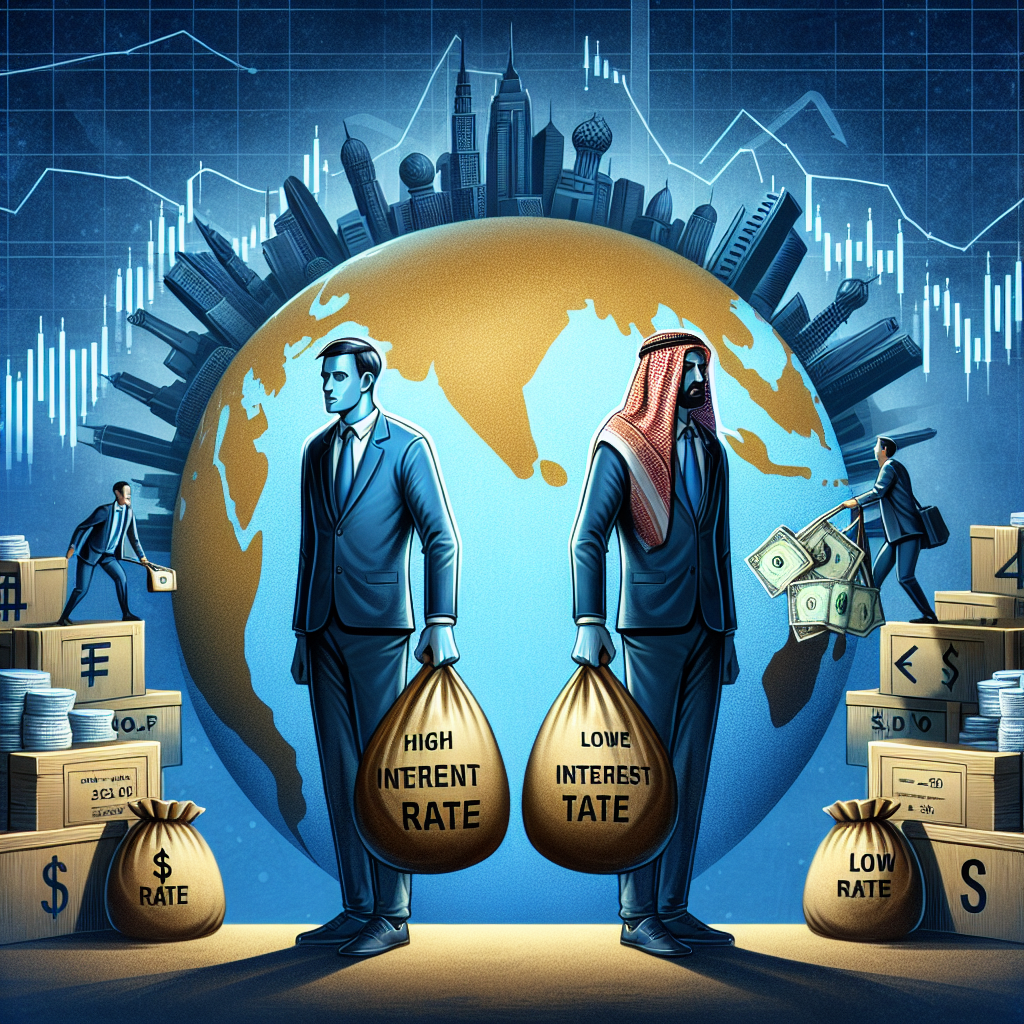Sustainability and Security: The New Players in Global Trade Negotiations
Global trade discussions are now influenced by sustainability and security issues, impacting free trade agreements. India aims to export $2 trillion by 2030, incorporating these new trade dimensions. Regulations like the EU's carbon tax are reshaping trade, with India negotiating multiple FTAs.

- Country:
- India
Sustainability and security have emerged as pivotal factors shaping global trade negotiations, redefining the future landscape, according to a senior official. Speaking at CII's Partnership Summit, Additional Secretary in the Department of Commerce L Satya Srinivas highlighted the need for a comprehensive approach to free trade agreements (FTAs).
Traditionally focused on customs duties and non-tariff barriers, trade talks now incorporate emerging elements such as environmental and labor regulations, which present both challenges and opportunities. Srinivas emphasized the strategic importance of these factors in achieving India's ambitious goal of exporting USD 2 trillion in goods and services by 2030.
India is actively engaging in trade discussions with various countries, including negotiating new FTAs with the EU, UK, Oman, and Peru. Noteworthy developments include sustainability-focused aspects within trade pacts signed with the UAE, Australia, and the EFTA bloc, marking a significant shift in the trade paradigms.
(With inputs from agencies.)
- READ MORE ON:
- Trade
- FTA
- Sustainability
- Security
- Global Trade
- Export
- India
- Regulations
- Commerce
- Negotiations
ALSO READ
India Dominates Korea with 8-1 Victory in Men's Junior Asia Cup
Resilient Boom: India's Electronic Retailers Thrive Amidst Digital Age
Debate Ignites Over India's Declining Population Concerns
Favorable Monsoon and Economic Strategies Poised to Boost India's Agricultural Growth
Asia's Manufacturing Surge Amid Global Trade Uncertainties










